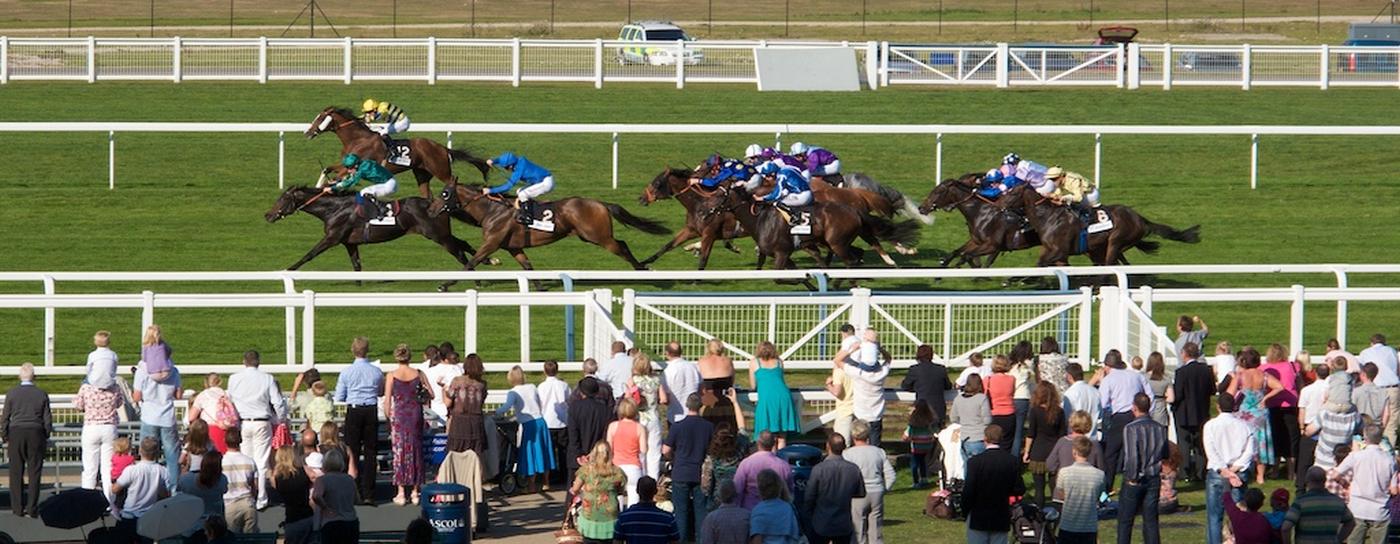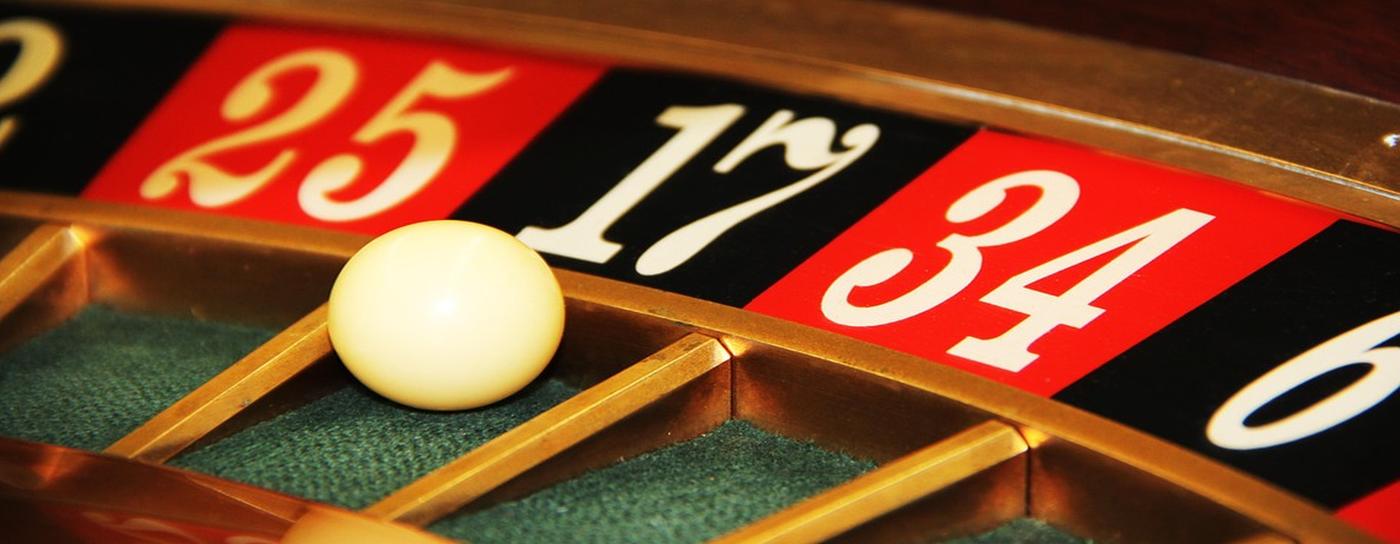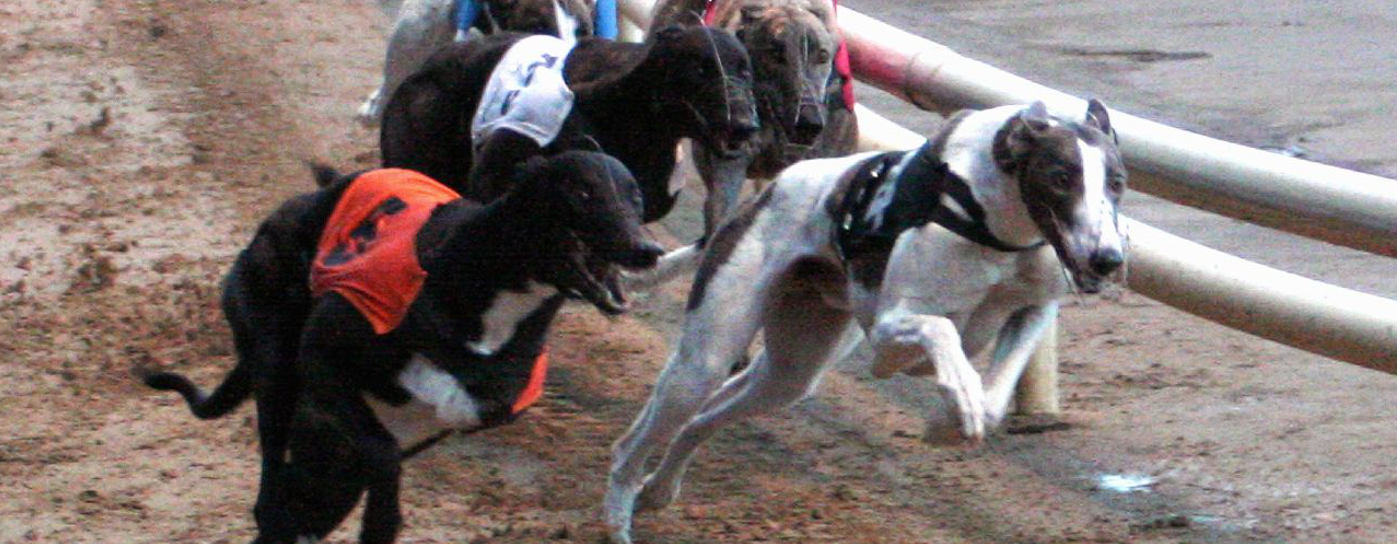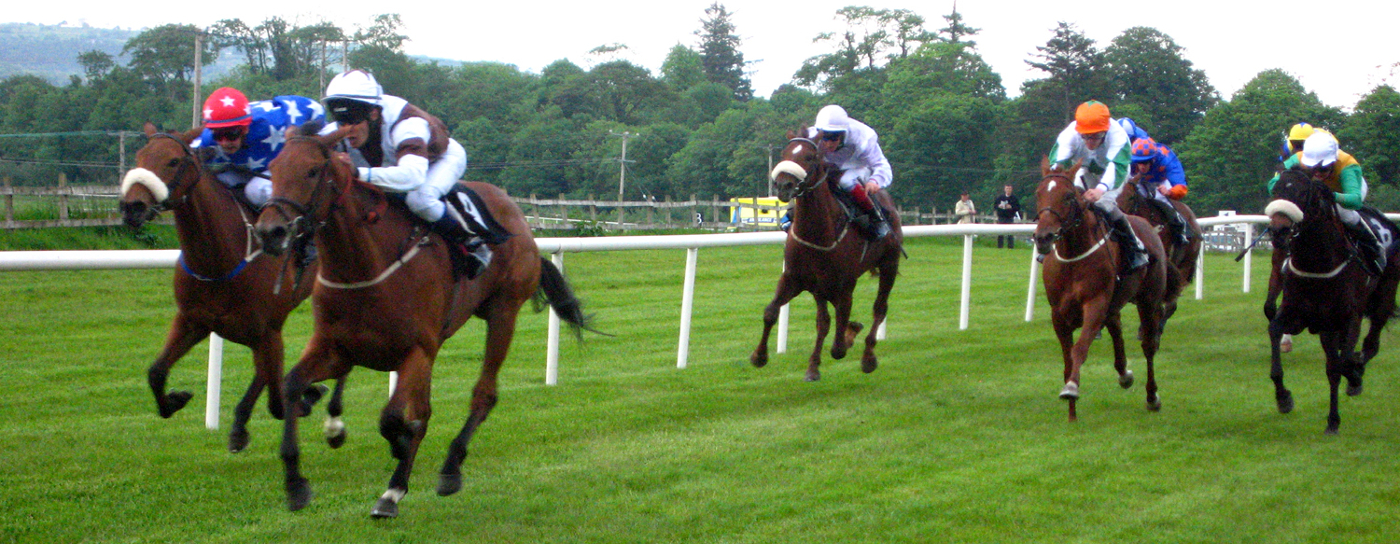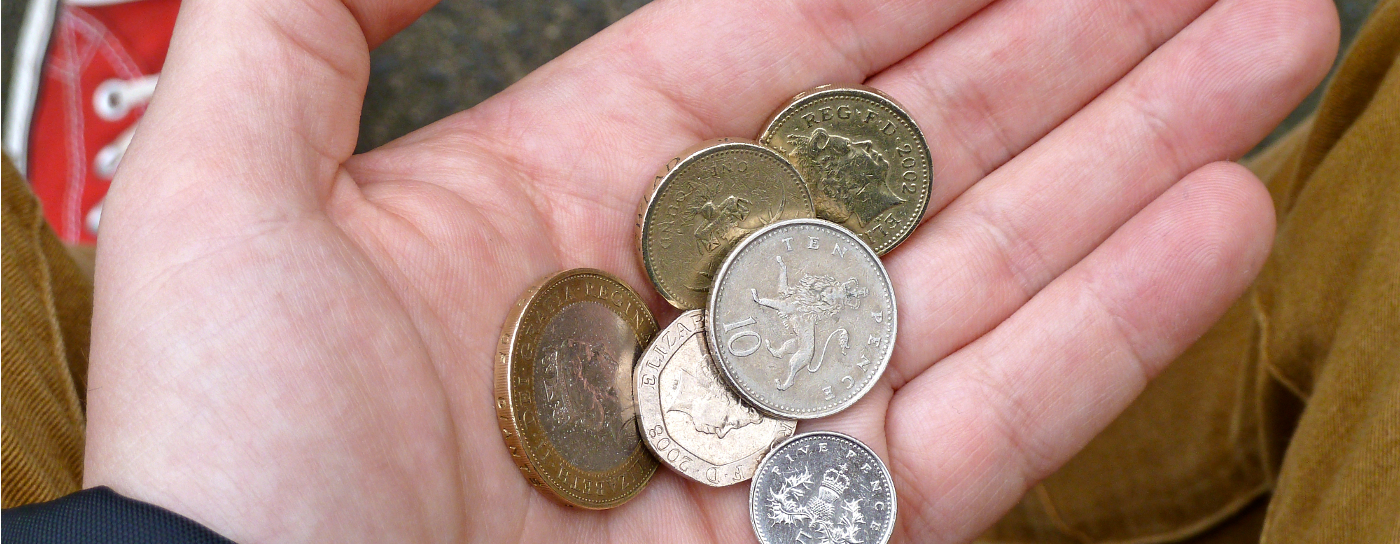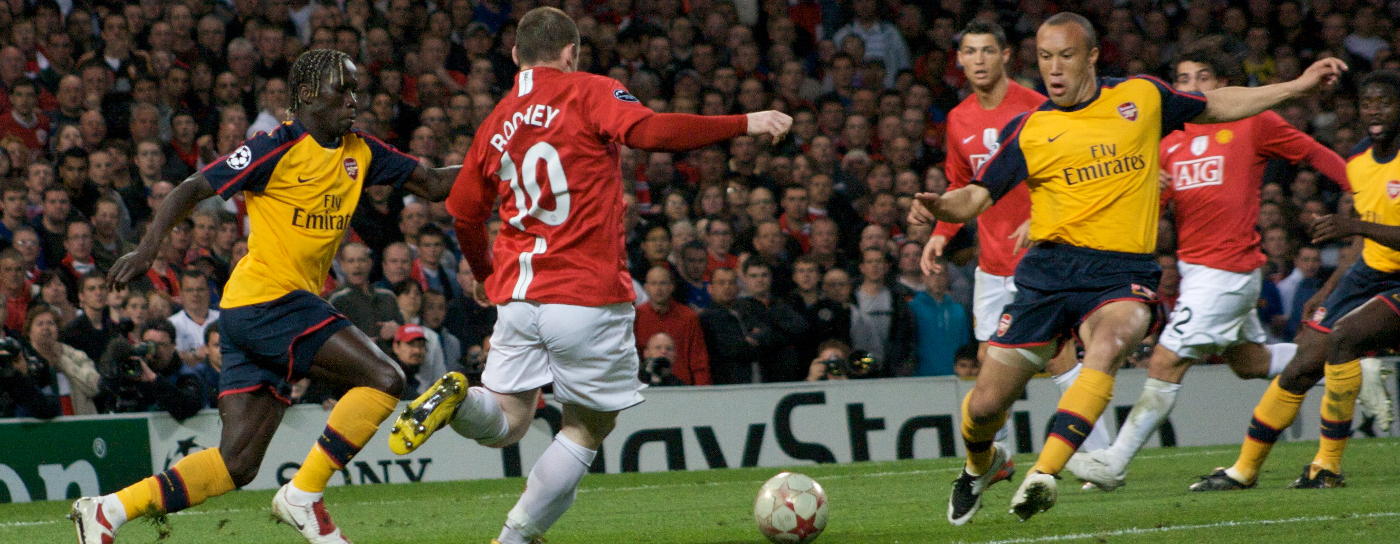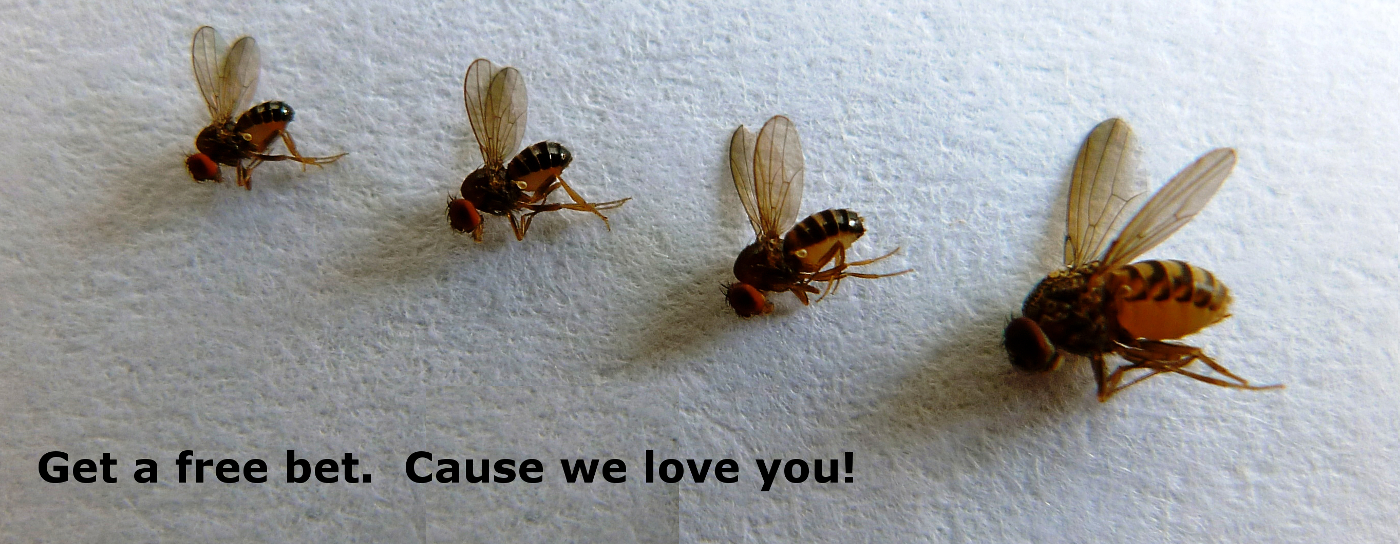For those of you who don’t gamble here is another punter injustice that will make you cringe in disbelief.
It will be no surprise to most people that when a punter makes an ‘obvious error’ they may or may not be able to address it. To be fair some bookmakers will allow you to change your bet, if you have made an ‘obvious error’, so long as it is well before the event starts, e.g. you normally bet in tenners and you hit the wrong key and you placed a bet of £100.00; you backed the wrong horse, etc. However, the punter has little chance of addressing their error close to the event starting and no chance after it has started or after it has finished.
Not so, for an ‘obvious error’ (PALP) made by the bookmaker. This is a complete in-balance between the service provider and the customer (punter).
All bookmakers will have a term and condition that reads something like this:
Prior to the start of an event, in-play or after the event, where an ‘Obvious Error’ is identified, any bets will stand and be settled at the revised price.
So, basically the bookmaker can make a mistake and correct it any point, even after the event has finished, but the customer (punter) cannot. This can lead to all sorts of unscrupulous behaviour.
How do you define an ‘obvious error’? Very difficult, but it doesn’t matter anyway as a bookmaker is allowed to make their own subjective judgement on what is an ‘obvious error’, even after the result is known. Now, we would all like a bit of ‘after-timing’ (ever seen the ‘Sting’ – great film). In effect this is what this term and condition allows bookmakers to do, i.e. cheat. Of course, most bookmakers will not blatantly ‘cheat’, but this again is difficult to define.
Some things are truly ‘obvious’, e.g. odds offered on a horse at 100-1 when most bookmakers are offering 10-1, but on most occasions things are not so obvious and the ‘fun’ punter may have taken a price without knowing anything was untoward, only to find out, after they have celebrated their winnings in whatever way they choose. Even worse they may have chosen to ‘lay-off’ some of their potential winnings on a betting exchange, i.e. lay their original bet to lose, in order to make sure they will win something, but then actually lose on a winning bet, because the bookmaker chooses to change the odds after the event. This cannot be right.
The timing of the identification of the ‘obvious error’ (that may not be so obvious to the untrained eye) is crucial. If the punter is informed well before the event starts and acknowledges the change; fine. If not, i.e. close to the event starting or after the result is known; it is quite obviously not fine. But again, the so called regulators allow it.
Another aspect for abuse is; by how much has the price changed and are the other prices on the event changed if the bookmaker is now guaranteeing a nice profit for themselves. Yes, you guessed it. In our experience the price is often shortened too far and the other prices on the event are not changed.
Finally, and it is massive, if an ‘obvious error’ is identified after the event, but the horse or football team offered at the wrong price loses, do bookmakers inform their customers and refund their bets? The phrase ‘dream-on’ might be pertinent here.
So, there we have it, another punter injustice, where the customer is treated completely differently to the service provider by a term and condition, and the regulators are doing nothing about it.
Think of it in retail terms. You buy a shirt or a dress in a sale at Marks & Spencer that has the wrong price on it (too low in this case) and the till (purchasing) system in the shop does not recognise it as such. You get home and are getting ready for your evening out. A knock at the door. The store manager demands you pay extra money now or get undressed, so he or she can take the said clothing item back to the store. Sounds ridiculous doesn’t it and, of course, it would never happen, but it does to punters and it is deemed as ‘fair and open‘.

